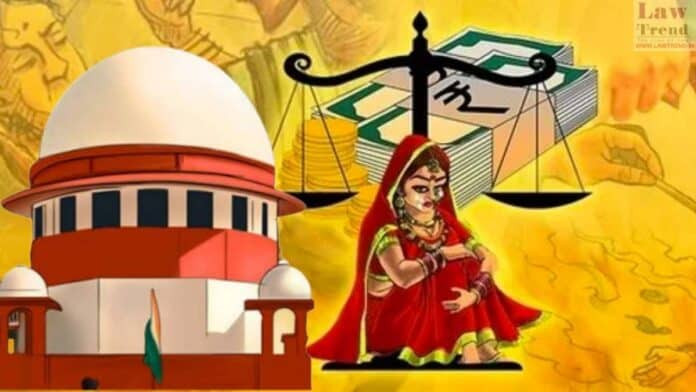In a recent ruling, the Supreme Court of India emphasized the necessity of clear evidence of continuous harassment to invoke the presumption of dowry death under Section 113B of the Indian Evidence Act. The court acquitted the appellant, Ram Pyarey, in the case of Ram Pyarey v. State of Uttar Pradesh (Criminal Appeal No. 1408
To Read More Please Subscribe to VIP Membership for Unlimited Access to All the Articles, Download Available Copies of Judgments/Order, Acess to Central/State Bare Acts, Advertisement Free Content, Access to More than 4000 Legal Drafts( Readymade Editable Formats of Suits, Petitions, Writs, Legal Notices, Divorce Petitions, 138 Notices, Bail Applications etc.) in Hindi and English.




